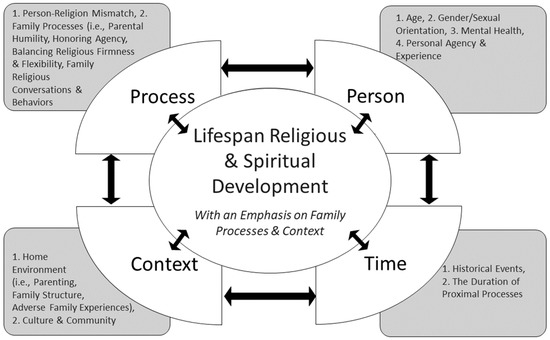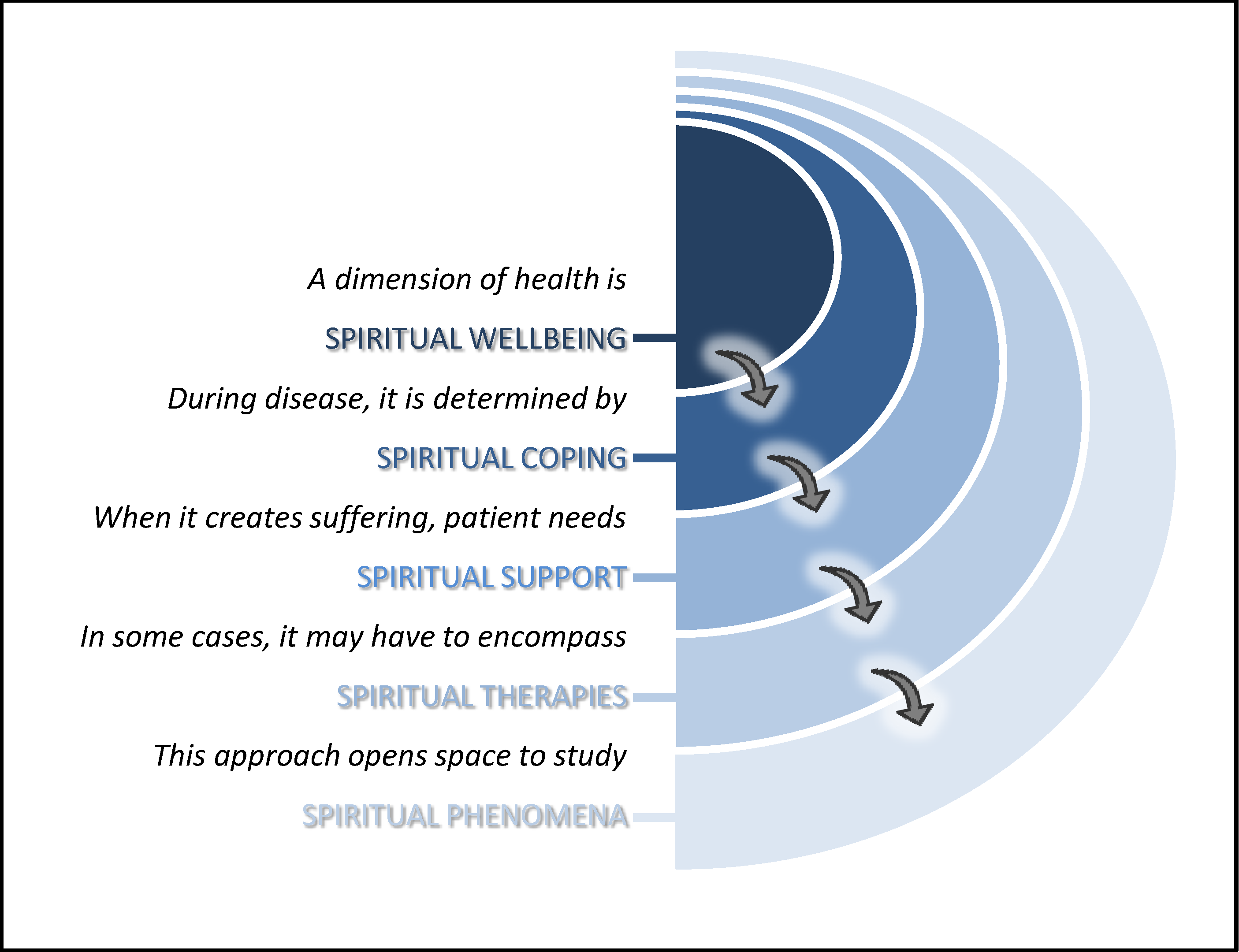In the realm of human experience, dreams and spirituality have been intertwined since ancient times. The intersection of religion and dream psychology has long fascinated scholars, mystics, and spiritual seekers. This article delves into the significance of dreams in religious traditions, explores dream psychology theories, unravels the connection between religion and dreaming, and highlights how dreamwork can facilitate spiritual growth.
The Role of Dreams in Religious Traditions
Dreams have played a crucial role in shaping religious beliefs and practices across various cultures throughout history.
- In ancient civilizations like Egypt, Mesopotamia, and Greece, dreams were seen as portals to the divine and conduits for messages from the gods.
- Dream incubation in temples was a common spiritual practice where individuals sought guidance or healing through dream revelations.
- In Abrahamic religions, prophetic dreams have been pivotal in conveying divine messages to prophets and believers, shaping the course of history.
- Eastern philosophies like Hinduism and Buddhism also acknowledge the significance of dreams in spiritual growth and self-realization.
Exploring Dream Psychology
Dream psychology, pioneered by Sigmund Freud and further developed by Carl Jung, provides insights into the subconscious mind and its influence on dream content.
- Freud’s theory posits that dreams are a manifestation of repressed desires and unresolved conflicts, serving as a means of wish-fulfillment and wish-interpretation.
- Jung’s archetypal theory introduced the concept of the collective unconscious, where dream symbols and themes have universal meanings shared across cultures.
- Modern dream research integrates neuroscience, exploring the neurological basis of dreaming and its connection to memory consolidation and emotional processing.
Unraveling the Connection between Religion and Dreaming
Religious scholars and dream researchers have found fascinating links between religious experiences and the realm of dreams.
- Spiritual dimensions of dreams transcend cultural boundaries, revealing common themes of divine communication, guidance, and revelation.
- Comparative analysis of dream symbols across religions highlights shared archetypes, such as the wise old man, the mother, and the hero, embodying universal human experiences.
- Sacred dreaming practices and rituals, like meditation and prayer before sleep, are embraced by various faiths to foster spiritual connection and clarity.
- The concept of divine communication through dreams is evident in stories of religious figures receiving visions, prophecies, and instructions during dreams.
Spiritual Growth through Dreamwork
Engaging in dreamwork can be a powerful tool for personal transformation and spiritual growth.
- By keeping a dream journal and engaging in regular reflection, individuals can unravel patterns, symbols, and messages in their dreams, gaining deeper self-awareness.
- Dreamwork can facilitate healing and integration of the psyche, helping individuals confront suppressed emotions and experiences.
- Interpreting dreams from a spiritual perspective can deepen one’s connection with the divine and foster a sense of purpose and guidance.
- Many spiritual seekers have experienced profound spiritual awakenings and enlightenment through dreams, leading to profound shifts in their lives.
Case Studies and Experiences

Testimonials and analyses of dream narratives from different religious perspectives provide rich insights into the spiritual dimensions of dreams.
“In my dream, I met a radiant figure who revealed ancient wisdom to me. This dream experience inspired my spiritual journey and strengthened my faith.” – Aisha, Muslim believer.
- Dreams have been instrumental in shaping the lives of individuals, influencing their religious beliefs and inspiring them to take transformative actions.
- Analysis of dream narratives showcases how dream symbols and themes can have profound spiritual significance, transcending cultural and religious boundaries.
- Encounters with spiritual figures, ancestors, or deities in dreams often leave lasting impressions, prompting individuals to seek deeper spiritual connections.
The Ethical and Moral Dimensions of Dream Exploration
While dreamwork can offer profound insights, it is essential to approach the spiritual dimensions of dreams with sensitivity and respect.
- Interpreting dreams from different cultural perspectives requires cultural awareness and the acknowledgment of diverse belief systems.
- Respecting the sanctity of sacred dreams in various religious traditions helps avoid appropriation and misinterpretations.
- Being aware of potential pitfalls in dream analysis ensures ethical practice and responsible use of dream insights.
Integrating Dream Practices into Daily Spiritual Life
Embarking on a dreamwork journey can be a valuable addition to one’s daily spiritual practices.
- Keeping a dream journal and reflecting on dreams regularly fosters a deeper understanding of the self and one’s spiritual path.
- Creating sacred dream spaces and altars can enhance the dreamwork experience, providing a dedicated space for spiritual contemplation.
- Seeking guidance from spiritual mentors and dream interpreters can offer valuable insights and support in deciphering dream messages.
Dreaming Beyond Borders: Universality and Diversity
The universality of dream experiences transcends cultural boundaries, highlighting the interconnectedness of human spirituality.
- Common dream symbols and archetypes emerge in various cultures, revealing shared human experiences and aspirations.
- Embracing different dream narratives and their spiritual significance can foster interfaith dialogue and understanding.
- Shared dream experiences can build bridges between religious traditions, uniting seekers on their spiritual quests.
The Future of Dream Research and Spirituality
As we progress in understanding dreams and spirituality, new perspectives and advancements are likely to emerge.
- Advancements in dream science and technology may offer deeper insights into the neurological and psychological dimensions of dreaming.
- Evolving perspectives on religion, spirituality, and dreaming may pave the way for more inclusive and integrative approaches to dreamwork.
- The potential impact of dreamwork on individual and collective consciousness is an exciting field of exploration, with profound implications for humanity.
Conclusion
The convergence of religion and dream psychology is a sacred bridge that holds tremendous potential for spiritual growth and transformation. Exploring dreams from a spiritual perspective can provide invaluable insights, leading to self-discovery, healing, and a deeper connection with the divine. As we continue to unravel the mysteries of dreams and here spirituality, let us embrace the sacred nature of this journey, traversing the realms of dreams to nurture our souls and expand our consciousness.

Greetings and welcome to my corner of the digital realm! I’m Ethan Harrington, a dedicated and passionate professional in the field of therapy psychology. My journey through the intricate landscapes of the human mind, emotions, and dreams has led me to this point, where I’m excited to share my insights, knowledge, and experiences with you. See this

